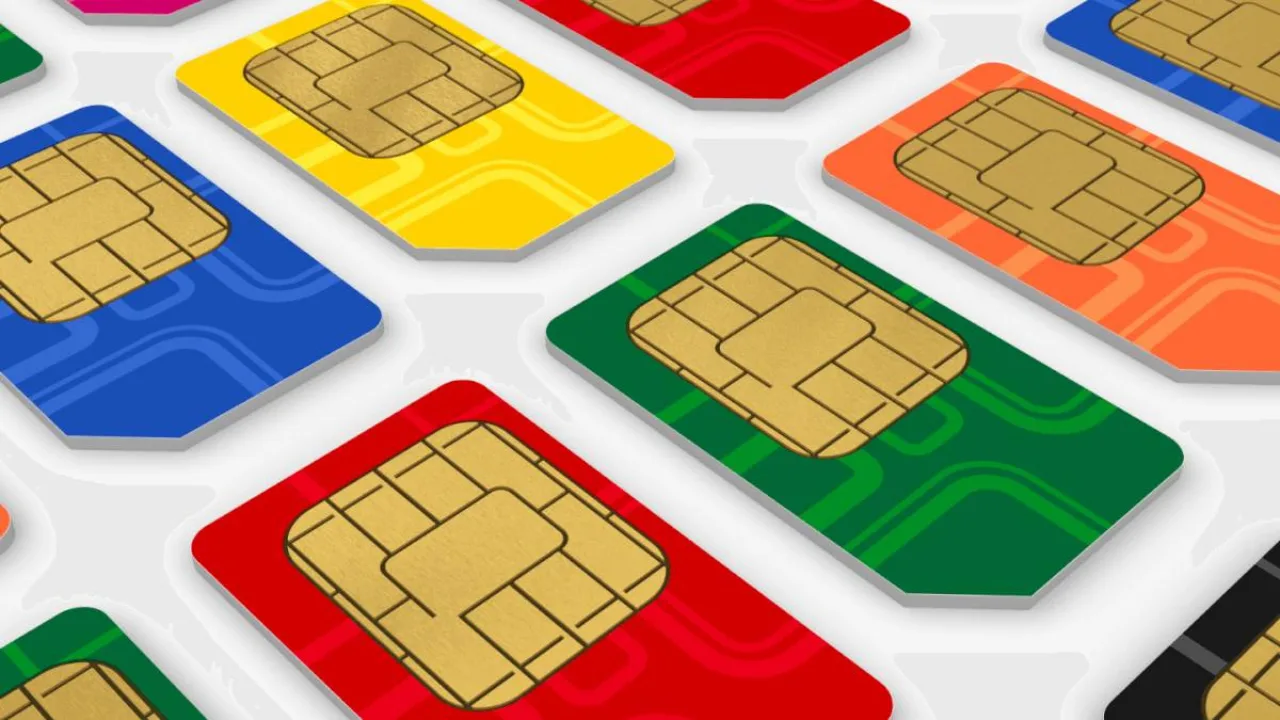The Telecom Regulatory Authority of India (TRAI) has taken a strong stance against SIM swapping fraud with the implementation of new regulations starting July 1, 2024. This article dives deep into the issue, explaining the new rules, the risks of SIM swapping, and how these changes can protect mobile phone users in India.
Understanding SIM Swapping Fraud
SIM swapping occurs when a fraudster obtains a duplicate SIM card of your mobile number. This can happen in various ways, such as:
- Exploiting lost or stolen SIM reports: Fraudsters may trick you into revealing your personal details by claiming to be from your mobile operator and helping you with a lost SIM.
- Social engineering: Deceptive tactics like phishing emails or phone calls can be used to obtain your personal information and initiate a SIM swap request.
- Bribing officials: In rare cases, corrupt officials within mobile operators might collude with fraudsters to facilitate a SIM swap.
Once a duplicate SIM is activated, the fraudster can:
- Gain access to verification codes: Two-factor authentication (2FA) codes sent via SMS for online accounts or financial transactions can be intercepted.
- Reset passwords: By controlling your phone number, fraudsters can easily reset passwords to various online accounts linked to your mobile number.
- Impersonate you: Using your phone number, they can make calls or send messages, impersonating you to scam others.
The New TRAI Regulations: A Step Towards Safer Mobile Usage
To combat SIM swapping fraud, TRAI has introduced the following regulations:
- Waiting Period for Mobile Number Portability (MNP): If you get a new SIM card due to a lost, stolen, or damaged SIM, you’ll have to wait for seven days before being eligible to port your number to a different service provider. This cooling-off period allows you to identify and report any fraudulent activity related to your SIM swap.
- ** stricter Verification Process:** Telecom operators are mandated to implement stricter verification procedures when processing SIM swap requests. This could involve additional document verification or in-person verification at authorized stores.
The Benefits of the New Rules
These new regulations are expected to significantly reduce SIM swapping fraud in India by:
- Disrupting the Fraud Timeline: The seven-day waiting period for MNP makes it harder for fraudsters to exploit a stolen SIM for immediate financial gain.
- Enhancing Verification: Stricter verification procedures by mobile operators add an extra layer of security, making it more difficult for unauthorized individuals to obtain duplicate SIMs.
Beyond the New Rules: Protecting Yourself from SIM Swapping
While the new regulations are a welcome step, user vigilance remains crucial. Here are some additional tips to safeguard yourself:
- Be Wary of Unsolicited Calls and Emails: Never share personal information or initiate actions based on calls or emails claiming to be from your mobile operator regarding SIM issues.
- Enable Two-factor Authentication (2FA) with Apps: Rely on authentication apps like Google Authenticator instead of SMS verification codes for added security.
- Report Lost SIMs Promptly: If your SIM is lost or stolen, inform your mobile operator immediately to deactivate the original SIM and prevent misuse.
- Register for Do Not Disturb (DND) Services: This can help minimize spam calls and messages, making it harder for fraudsters to exploit your phone number.




